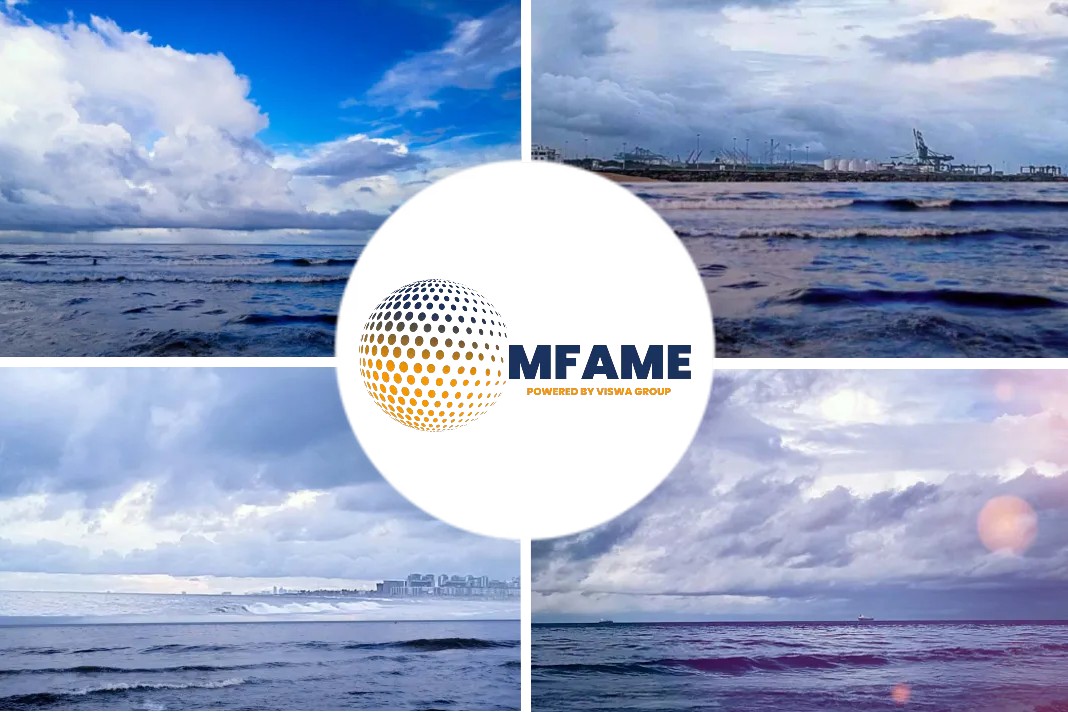
The FIT Alliance, a group formed in 2022 by BIMCO, DCSA, FIATA, ICC, and Swift, has launched a new ‘Declaration of the electronic Bill of Lading’, with the aim of encouraging fellow stakeholders in international trade to collaborate on driving digitalisation, starting with the adoption of eBLs (electronic Bills of Lading), within their industries, reports ICC.
Declaration of the electronic Bill of Lading
The group notes that, every year, ocean carriers issue around 45 million bills of lading, but that in most cases these shipping documents are not standardised and are still paper based, requiring physical hand-off between participants.
In 2022, only 2.1% of bills of lading and waybills in the container trade were electronic, though the dry bulk sector is making some gains with four of the world’s largest mining companies already carrying around 20% of their iron ore shipments on eBLs.
“A universal eBL will benefit all stakeholders involved in the global supply chain whether in bulk shipping or container shipping. Achieving widespread adoption of a standards-based eBL will benefit not only the shipping industry, but also the global movement of goods, at a time when supply chain resilience is challenged,” the FIT Alliance said, in a common statement.
“This declaration is a significant symbol of our joint dedication to shape the future of shipping. Transforming document exchange through a globally applicable eBL will accelerate trade digitalisation to the benefit customers, banks, customs, government authorities, providers of ocean shipping services and all other stakeholders.”
The FIT Alliance is now encouraging other organisations to sign its eBL Declaration, to publicly signal their commitment to collaborate on driving digitalisation within their industries.
Did you subscribe to our daily newsletter?
It’s Free! Click here to Subscribe!
Source: ICC















